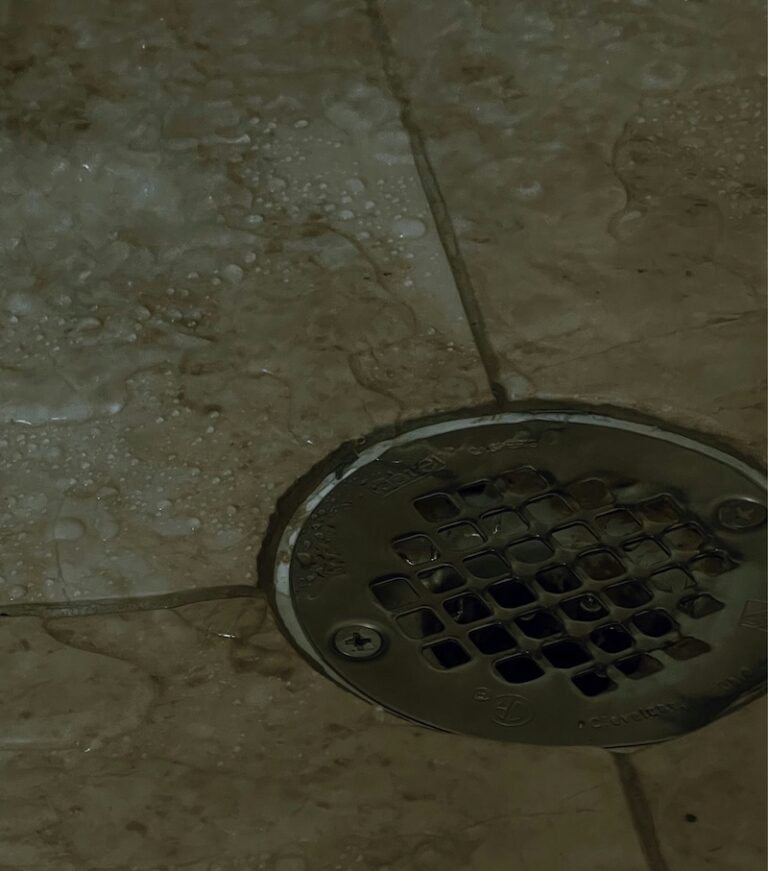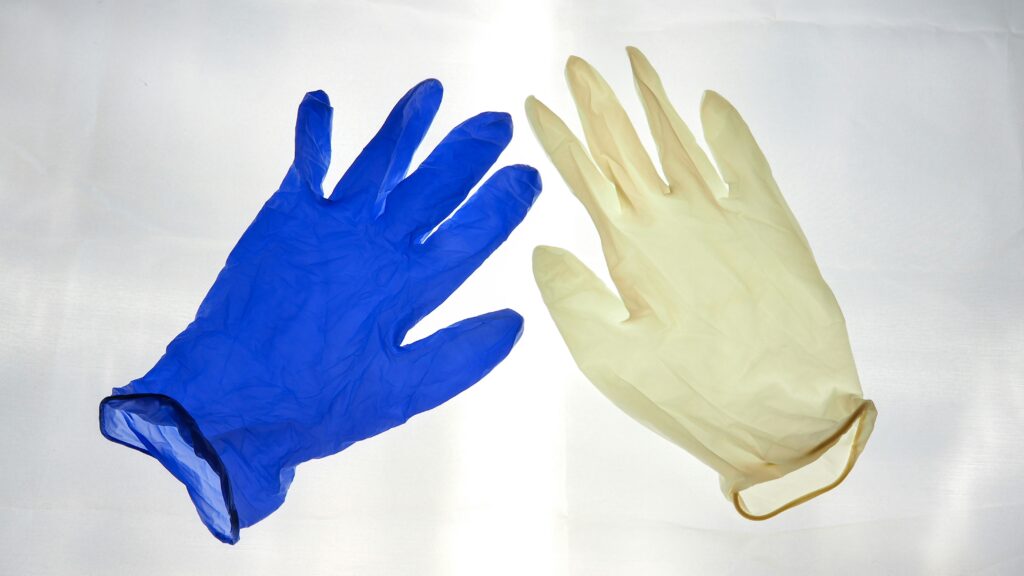

In the commercial cleaning industry, having the right tools makes all the difference — and janitorial gloves are one of the most essential. The best gloves for janitorial jobs not only protect your staff from chemicals and contaminants but also improve safety, comfort, and efficiency during daily tasks. With so many options available, it’s important to know which types of cleaning gloves are best suited for different janitorial needs.
Janitorial staff regularly come into contact with cleaning chemicals, bacteria, and potentially hazardous materials. The right janitorial gloves create a barrier of protection, reducing the risk of skin irritation, chemical burns, and cross-contamination. They also provide a better grip for handling equipment, mops, and trash, helping prevent accidents in the workplace.
Best for: Chemical handling, restroom sanitation, and food service areas.
Benefits: Chemical-resistant, puncture-resistant, and latex-free, making them a safe choice for employees with allergies.
Considerations: Typically single-use but available in both disposable and reusable options.
Best for: General cleaning tasks and wet environments.
Benefits: Flexible, comfortable, and provide a snug fit for better dexterity.
Considerations: Some employees may have latex allergies; always keep alternatives on hand.
Best for: Light-duty cleaning tasks.
Benefits: Cost-effective and latex-free, ideal for short tasks with minimal chemical exposure.
Considerations: Less durable than nitrile or latex; not recommended for heavy or abrasive jobs.
Best for: Floor scrubbing, dishwashing, and repetitive cleaning tasks.
Benefits: Durable, eco-friendly, and provide extended protection for longer jobs.
Considerations: Require proper cleaning and drying between uses to prevent bacteria growth.
Best for: Handling sharp objects, broken glass, or industrial waste.
Benefits: Protects against cuts, punctures, and abrasions while still allowing mobility.
Considerations: Typically layered with other materials for comfort and safety.
The best gloves for janitorial jobs depend on the type of work, safety requirements, and comfort of your staff. Stocking multiple glove options ensures your cleaning team is always prepared for any task — from light dusting to heavy chemical handling. Investing in the right janitorial gloves protects your employees, improves efficiency, and supports a cleaner, safer facility.
share this post:

